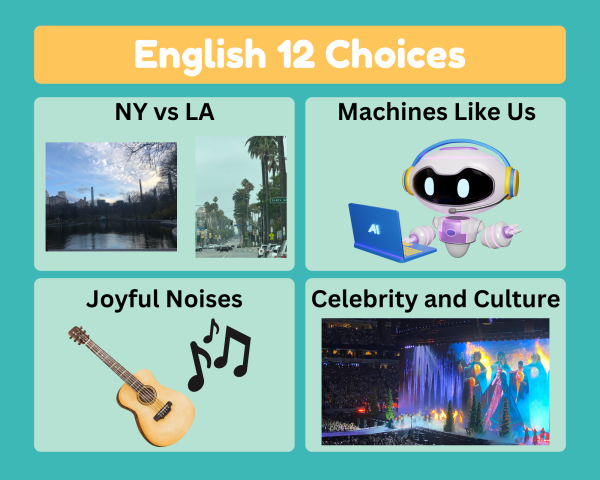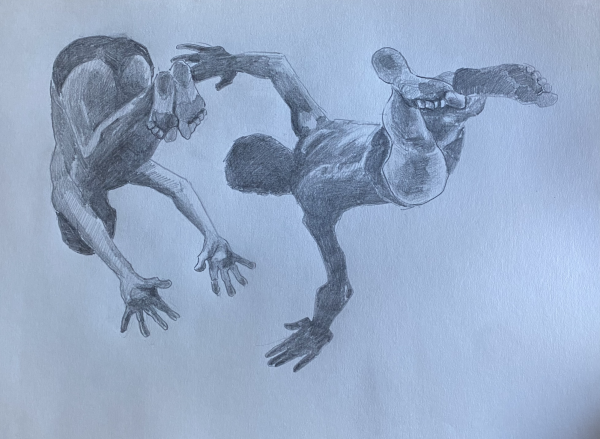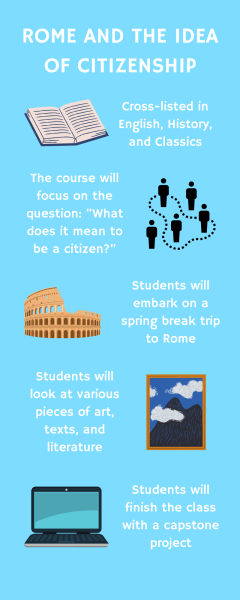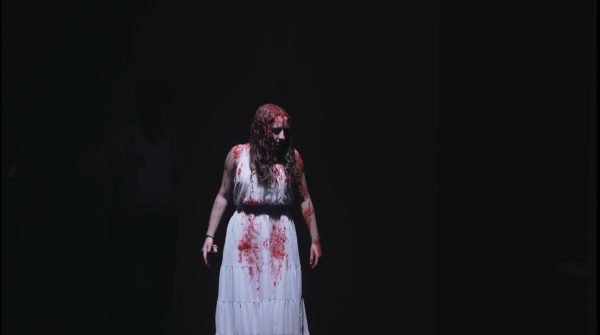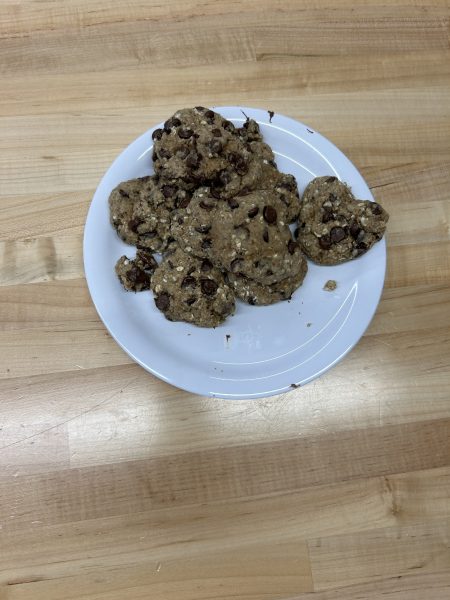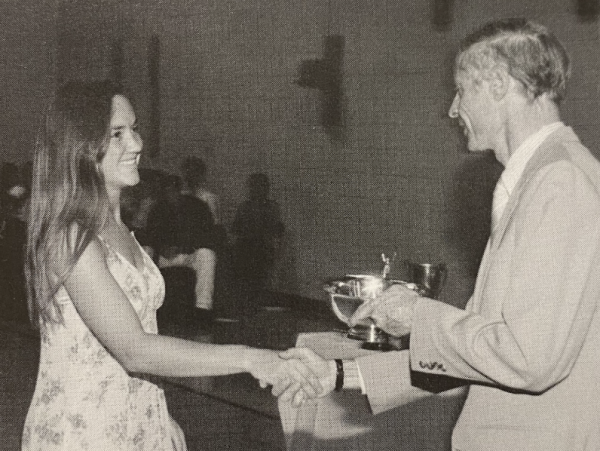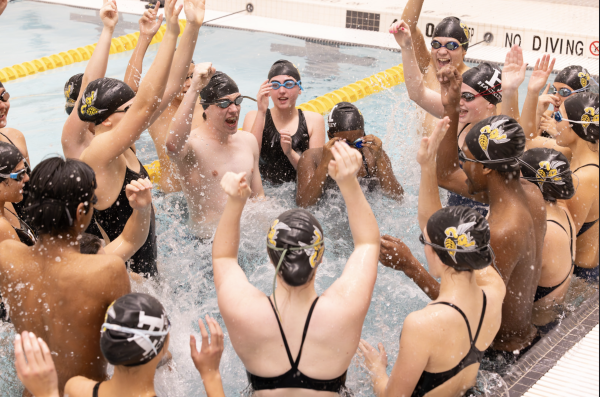Christina Wang earns Scholastic National Gold Medal for short story

Credit: Lei Anne Rabeje
Junior Christina Wang pursues her passion of writing through Mr. Lobko’s Creative writing course, which allows her to explore new genres and create new stories.
May 15, 2017
Recognition of top athletes and stellar students are fundamental to most student awards ceremonies, but often overlooked is creativity, a valuable trait, yet one that is hard to measure. For this reason in 1923, the Scholastic Art & Writing Award was created to honor “the vision, ingenuity, and talent of our nation’s youth, and provide[d] opportunities for creative teens to be celebrated.”
Since then, the program has grown, with 330,000 pieces of writing and original art submitted this year alone. Despite the tough competition, junior Christina Wang won a national gold medal for her short story “Dried Glue,” amongst other accolades for her short stories and poetry.
The praiseful reception of “Dried Glue,” a story about a woman who contracts AIDS, from Scholastic is all the more impressive given the creative risks she took, but is well-deserved given the months Christina spent crafting it. Of the writing process Christina commented, “Quite frankly, I just remember writing down the first line of the story, and the rest of it – the plot, the characters, everything – naturally came to me. I like ‘Dried Glue’ because I took so many creative risks in it, and because I felt like I really succeeded in creating morally ambiguous characters who leave a lot of food for thought. Despite the fact that the plot of the story is quite layered and complicated and jumps around many different time periods, I felt like I still managed to create a story that made sense.”
One of Christina’s personal favorite pieces of her writing is a poem titled “Monday.” She wrote this poem at the beginning of a particularly stressful week, and was inspired by reflecting on the past memories she has cherished that also took place on a Monday. In this prose poem Christina “really wanted to characterize Monday as a misunderstood, complex human being who is also just trying to survive another day in the world.”
Although Christina can’t remember a time when she wasn’t writing, her talent flourished when she was in middle school and writing acted as an escape: “In a time of my life where I felt like I had no control over anything, writing was the one place where I had all the power I wanted. I could create characters that I wished I could be like; I could create poetry that made me feel like the universe somehow had to be on my side. Writing felt like a sanctuary, and it taught me that what I have to say matters,… It makes me feel ridiculously human.”
While creative writing is a personal hobby and Christina still feels like she is figuring out how to work with her talent, she suggests that anyone interested in the subject should read as much as possible, but most importantly, should have a love for writing. “Though it may sound cliche, write for yourself…Don’t write to impress other people and don’t write just so that you can put something unique on your college app,” advised Christina. “Writing is so much more than that. It’s so personal, and it becomes really obvious if you’re not passionate about it. The only way your writing becomes strong and ‘good’ is if you write, unapologetically, from the heart.”
Though creative writing is a huge part of Christina’s life she is not sure how she will use her passion in the future. Since there are not many colleges that offer degrees in creative writing, Christina hopes to pursue it as a minor or an extracurricular in addition to joining any and all creative writing organizations on campus.

